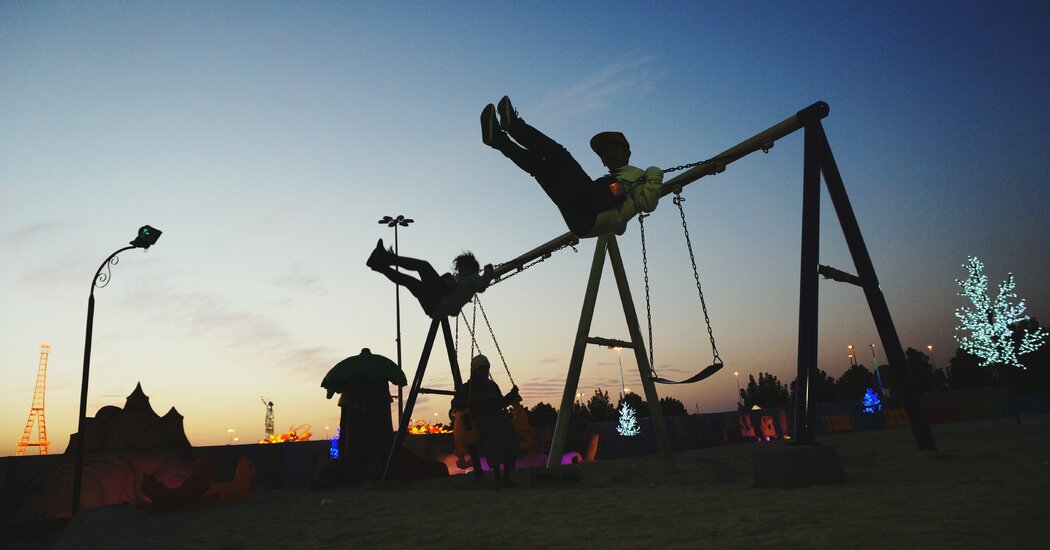
In some cases, mothers I interviewed said they are not planning to vaccinate their children against Covid-19, even though they got the vaccine for themselves. One mother, who is white and has a master’s degree, said she and her husband both got a Covid-19 vaccine around July, but are not planning to vaccinate their three children under 12 — at least not right away.
“Part of me is almost not ready for it to be approved, because, at least at this point, you know, I don’t have the choice in my hands,” the mother said. “I’m not sure I believe the benefits of the vaccine for children outweigh the risks and unknowns,” she said, adding, “If it was something like smallpox, I would feel a much greater level of concern than I do in this situation.”
Confirmation bias — the tendency to stick with what we already believe despite new information to the contrary — may also lead some parents to overlook new messages about children and Covid-19 risks. Many mothers I’ve interviewed say they’ve stopped paying close attention to Covid news because they’re so overwhelmed by the conflicting information. “I’m listening to my husband and my mother a lot, but otherwise I’ve kind of put my head in the sand a little bit,” one said. That makes it harder for public health experts to share new information about the importance of vaccines or the risks of Covid-19 for children and have credibility.
Parents may also feel unmotivated by a lack of tangible incentives. If concern over Covid-19 risk to children is low, then suggestions that the vaccines may not change their child’s daily life right away may add to the lack of urgency. Why bother to vaccinate if vaccinated kids are still required to wear masks at school, for example, or if the school district has already eliminated mask requirements for unvaccinated students?
Prepandemic research suggests that once parents view vaccination as unnecessary for their children, they can also become more susceptible to misinformation about vaccine risks. Parents may be weighing the risks they hear about Covid-19 vaccines — even if inaccurate — more heavily than the vaccines’ potential benefits for that reason.
A pregnant mother of three I spoke to, who is Black and has some college education, said she would wait to get the vaccine both for herself and for her children. “They have told us, the C.D.C., that it’s safe,” she said, “but a lot of people are having bad reactions to it, which is leading people to believe that it’s not as safe as they claim. So I’m just really still iffy about it.”
“I wear my mask and the kids wear their masks,” she added, “and I feel a little bit safer doing those methods than the vaccine.”







